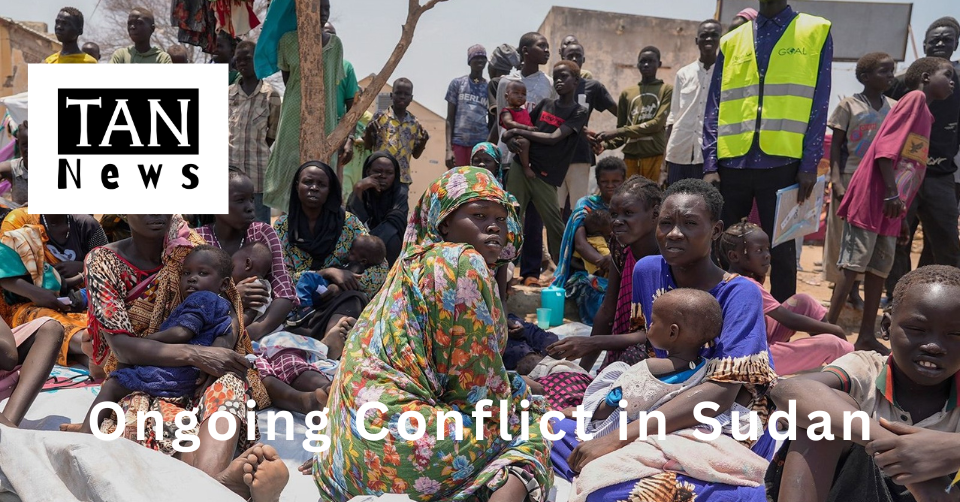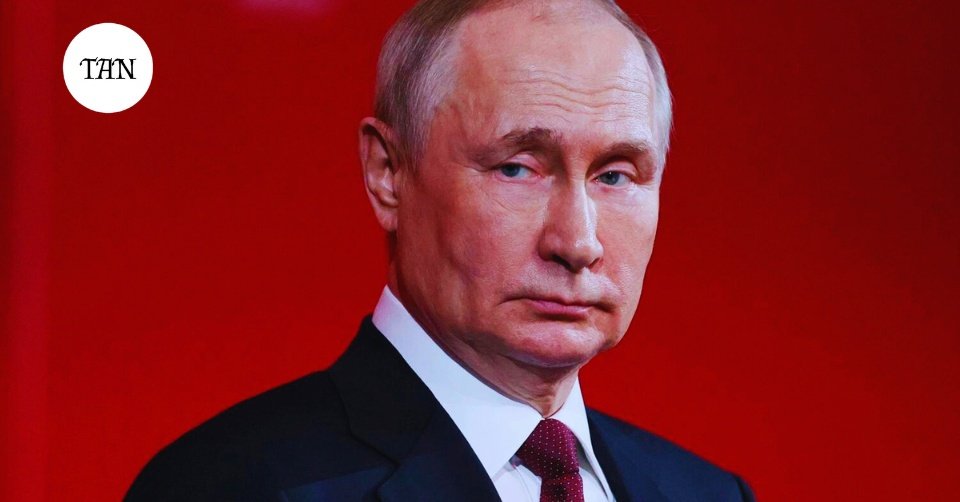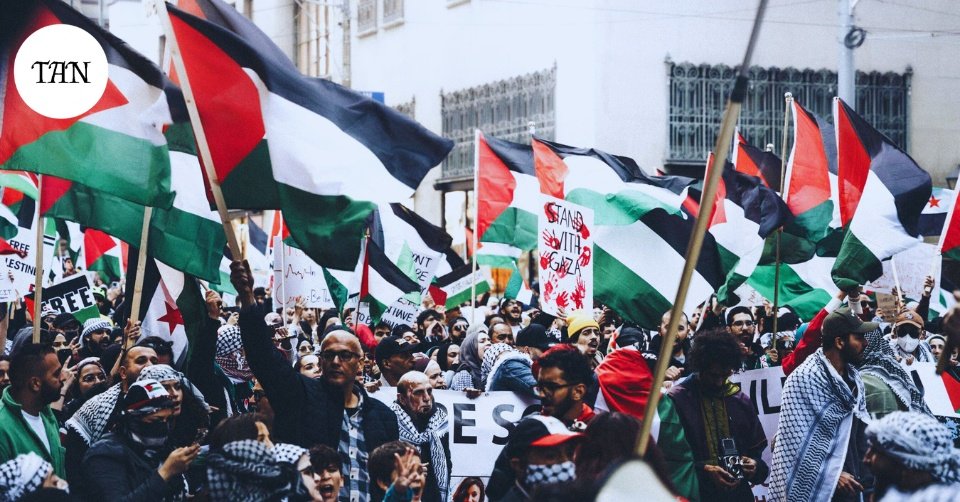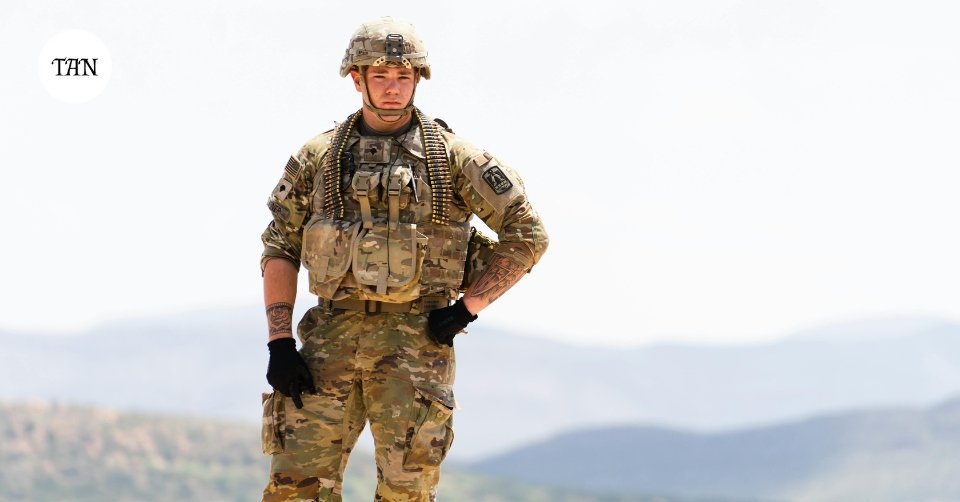Over the last few days, the conditions in Sudan have only worsened, and there have been more acts of violence along with the living conditions turning from bad to worse. The root of the conflict is succession struggle between the Sudanese Armed Forces (SAF) and the paramilitary Rapid Support Forces (RSF); thus, exacerbated the humanitarian crisis, especially with regard to civilian exposure.
Intensified Fighting in North Darfur Sudan
Some of the recent reports show that the situation has worsened, particularly in North Darfur, notably in Al-Fashir. The UN has already reported with great concern an impending attack on Al-Fashir, which is the last major city remaining in North Darfur that has not yet been occupied by the RSF. There are rumors according to which the enemy forces have launched a full-scale attack on the city and as a consequence, many civilians might have been killed and humanitarian situation worsened in the region. The UN has urged both sides to stand down and protect civilians, mentioned the fact that hundreds of thousands of internally displaced persons have fled to the city.
Currently, UN Secretary-General, Antonio Guterres said, “An attack on Al-Fashir would harm of civilians deeply. This escalation of tension is in an area on the verge of famine. ” The African Union has also reacted to the threats, noting a decline in security and humanitarian situation in North Darfur. Civil society activists insist that in case no efforts are made to reduce the tension, a genocide may occur.
Humanitarian Crisis and Ethnic Violence
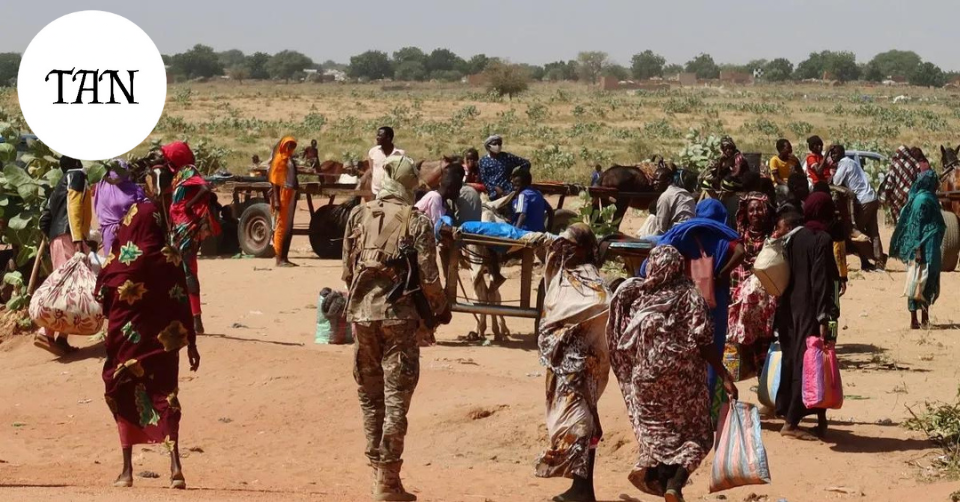
Those conflicts have led to human loss – eight million people remain refugees, and tens of thousands of people have been killed. Some of the assertions accusing the RSF of human right violation include ethnically motivated killings mainly targeting the non-Arab people. This violence has raised a lot of concern in the international community with organizations, especially human rights urging for concern of genocide of the situation goes uncontrolled. Sudan Tribune has said that through the UN has urged for intervention to deal with the increasing brutality and even to defend the unarmed population.
For instance, Apart from the ethnic violence, the humanitarian crisis faced in the region adds the limitation of necessary resources such as food, shelter, and clean water. The humanitarian crisis is evident; basic needs of food, clean water and medicine are severely lacking in much of the world, especially North Darfur. The Assist¬ance reports that WFP has said that, if no action is taken, the outlook for the region could be terrible, and millions of people may starve to death.
Regional and International Responses
The African Union has expressed concern over the current development and urged the global community to interfere to check on the worsening situation. The AU has at the same time encouraged a political process and called on all stakeholders to negotiate. While in March the United States and the European Union demanded cessation of hostilities and increased humanitarian access to the affected areas. The crisis has also heightened diplomatically with many countries and international organizations trying to intervene and broker the cessation of fighting, and bring in aid.
Diplomatic Efforts and Challenges
Initiatives to broker peace deals to call a cease fire have also been difficult to accomplish. Modern diplomatic processes involve the United States, where such actions as the Egyptian-led peace conference declared conditions for the beginning of negotiations; however, a realistic solution is still yet to be found. The RSF and SAF remain engaged in the fighting, especially in urban provinces such as Khartoum North and Omdurman and resulting chaos that has led to more people being driven from their homes. The political system is top charged and complicated with fairly settled ethnic grievances therefore it is quite hard for a mediator to find and maintain long lasting peace.
Besides the Egyptians’ initiatives, there were also other international players who tried to put an end to the conflict. The African Union has been closely involved in the process of mediating negotiations between the conflicting parties with regional leaders. Still, the level of trust between the SAF and RSF is low: each side accuses the other of violating prior ceasefires. This has made it difficult for negotiations and ceasefire agreements to be honoured; consequently, resulting in constant relapses in the conflict.
Humanitarian Aid and Security Concerns
This is because, in the face of the fighting, humanitarian groups on the ground find it difficult to distribute the aid. Consumption of food and water and medical products are severely restricted; some regions are close to famine levels. The current situation and the lack of food supplies are the main topic of the World Food Programme’s recent statement, where they underline that if nobody will interfere, Darfur might become a disaster zone. Also, the security situation compromises the survival of humanitarian actors who intend to deliver aid to the affected populations, thus complicating the process of aiding the needy.
There is much to attend to in Al-Fashir at this point and humanitarian agencies are very busy attending to the affected populace. However, the seemingly persistent feature of violence and even lack of the most fundamental requirements for productive work, surely engulfs all efforts. Other international organizations such as the United Nations have requested for safe passage to be created in order to provide humanitarian assistance to the civilians trapped in these conflict zones as well as to evacuate those who are in dire need of help. Despite such calls, the continued conflict has made it easier to provide such measures in one jurisdiction without being hindered by strife in another.
Impact on Civilians
At this stage the consequences of the conflict on civilians are more severe and devastating. Many psychosocial consequences have been attributed to the conflicts such as displacement of thousands of families who have been left with nothing, no property to turn to other than the clothing they are wearing. Such an example is IDP camps whereby the communities are congested and have poor hygiene and health making diseases like cholera and malaria rear their heads. The level of psychological impact is as astounding as their losses as a significant portion of the population remains exposed to violence in one form or another.
It’s very regrettable to note that children, especially in different growing ages, are suffering big times. Source:UN According to the UN’s report, many children are suffering from severe malnutrition and the death rate among children is increasing gradually and if remedial action is not taken at once, the death rate among children will increase. Taking a closer look at specific areas of the population living in the recipient countries, one can note that educational opportunities have also been gravely affected by the conflict, as many schools have been closed. The effects on the young generation of Sudan would be far-reaching<|reserved_special_token_267|> As a result, their development may be severely impaired in the long run.
Economic Impact
The conflict has also had an economic impact, which may be seen in the fact that Sudan is one of the African countries where people suffer from famine. There is civil unrest, normal businesses, trade, and farming have been interfered with and many people have lost their sources of income, which has resulted in food scarcity. Employment has become scarce, and many people can barely feed their families or buy the necessities they need due as a result of high inflation rates. The existing infrastructure and services in the conflict affected areas also degrade which in turn augments the economic issues affecting the affected people and leads to poverty.
Unlike in the developed world, the measures to correct economic imbalance have been hampered by conflict. I can conclude that the government’s power of the economic reforms making and foreign investment attraction is significantly limited. Subsequently, Sudan’s economic situation remains critical, with the possibility of exacerbation in case of the endless war.
